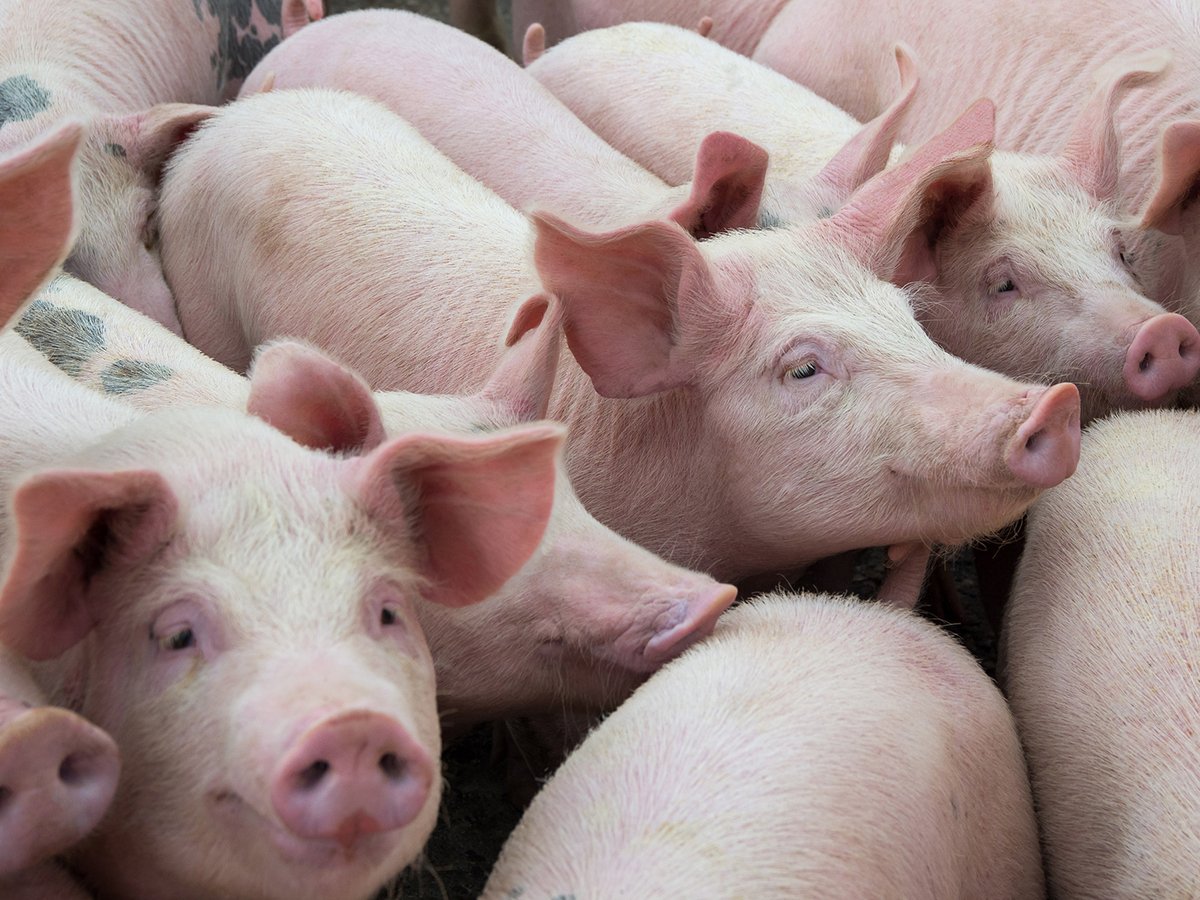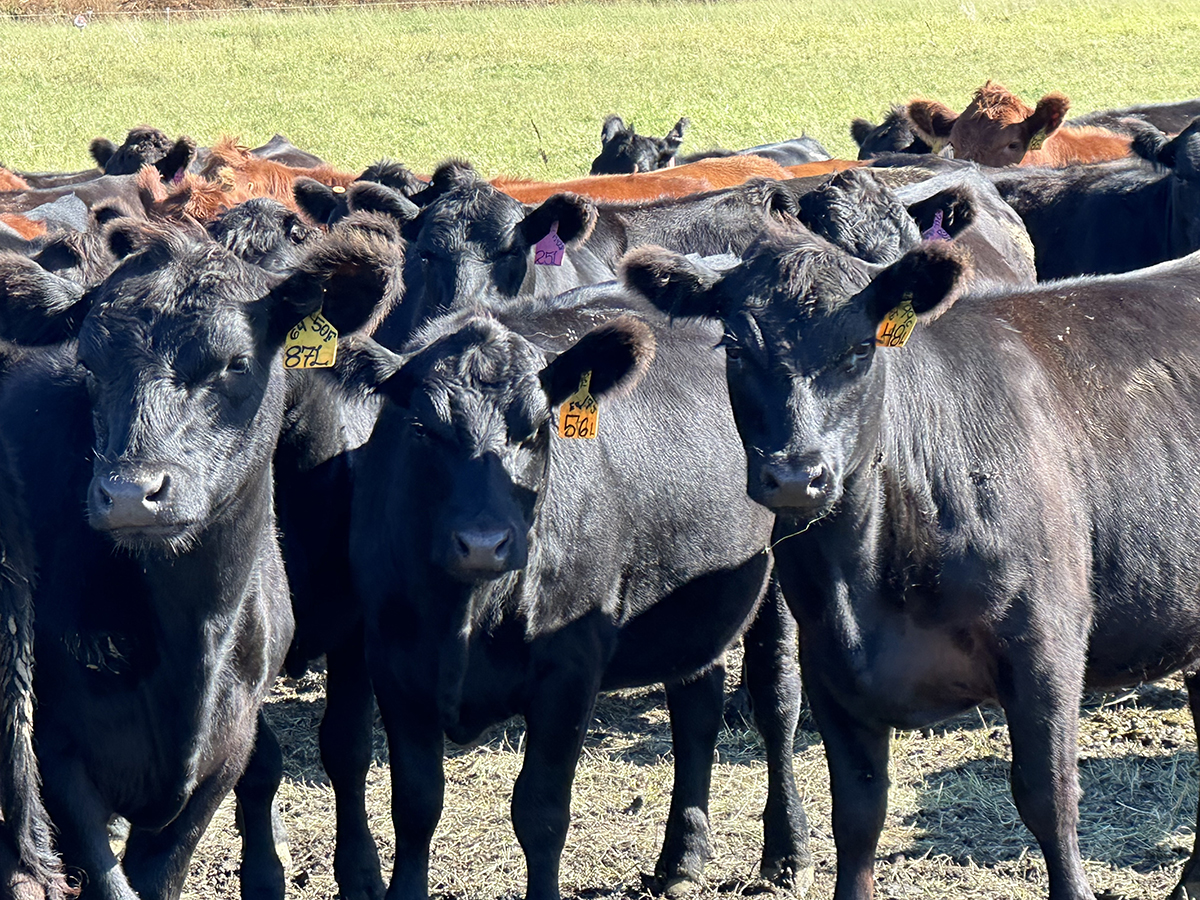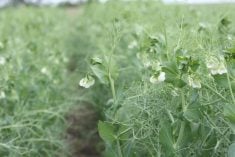Glacier FarmMedia – Canadian Beef Advisors has a new national beef strategy that will take it to the end of the decade
The document outlines priorities, goals and outcomes for 2025-30. The organization will also be tracking its success as the industry continues to position itself in a world of marketing and public perception.
The organization cited its progress under the last strategy, which covered 2020-24, and said it wants to keep building that momentum, wrote chair Nathan Phinney in a Jan. 28 news release.
Read Also

Quebec pork company calls for transparency around gene-edited pigs
Quebec-based pork company duBreton is calling for transparency around meats from gene-edited pigs on concerns that a lack of mandatory labelling will confuse consumers, and dilute certification claims. The organic sector is also calling for labelling rules.
“Tracking goals has been a productive exercise. We are seeing wins, and the Beef Advisors are excited about where we can go next,” he said.
The executive summary of the new strategy said that “in setting these goals, industry was aiming to build government and public support for beef production and its activities through a clear, consistent message that addresses the challenges faced head-on, while also communicating its benefits.”
The strategy was developed with the industry’s 2030 goals in mind, including those on environmental sustainability.
The document “is about the future. We want people to know that the beef industry is preparing the way for the next generation,” Bob Lowe, chair of public and stakeholder engagement for the Canadian Cattle Association, wrote in the Jan. 28 news release.
The new strategy is based on five key pillars: beef demand, sustainability, competitiveness, productivity and connectivity.
The first — beef demand — is intended to support both domestic and international markets for Canadian beef. This involves efforts geared toward Canadian Triple-A and Prime carcasses being recognized as equivalent to their U.S. counterparts.
The hope is to increase demand for all cuts on the carcass by focusing on market access, domestic and global marketing and increasing consumer confidence and maintaining social licence.
Canadian beef needs to ensure its voice in a world hungry for protein, wrote Calvin Vaags with the Canadian Meat Council.
“A growing population and middle class means that the demand for protein is outpacing production, driving prices higher,” he added.
“The protein pie is getting bigger and Canada, as a relatively low emissions intensity producer, deserves a seat at the table.”
The sustainability pillar will focus on financial viability, environmental policy, quality assurance, environmental research, social advocacy, sustainability measurement and verified claims.
“There are record high prices and renewed optimism,” Will Lowe of the National Cattle Feeders’ Association said in the strategy document.
However, there are still bottlenecks to work through — “notably labour, which has kept many from expanding,” he said. “Immigration processes need to be responsive to put people where we need them.”
The productivity pillar emphasizes supply chain-wide production efficiencies achieved by focusing on animal production and performance, precision genetics, feed production and performance, producer adoption and research capacity.
Metrics to measure will include open rates, calving length and calf death losses, as well as improving feed efficiency and crop yields.
“Productivity is where producers are in direct control,” said Craig Lehr with the Beef Cattle Research Council.
“Data and research must be transformed into information that is useful for decision-making on the farm — it is only then that change occurs.”
The connectivity pillar involves “connecting positively” with partner organizations, industries and government to proactively address issues, challenges and opportunities with “a unified industry voice.”
“This will be achieved through industry communication, proactive issues management, youth programs and engagement with industry, government and global partners. Connectivity is the responsibility of every organization in the industry,” the strategy reads.
Canadian Beef Advisors draws membership from seven national beef organizations.
These include the Beef Cattle Research Council, the Canadian Beef Breeds Council, Canada Beef, the Canadian Cattle Association (plus its provincial member associations), the Canadian Meat Council, the Canadian Roundtable for Sustainable Beef and the National Cattle Feeders’ Association.


















